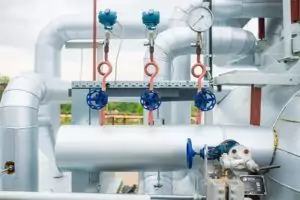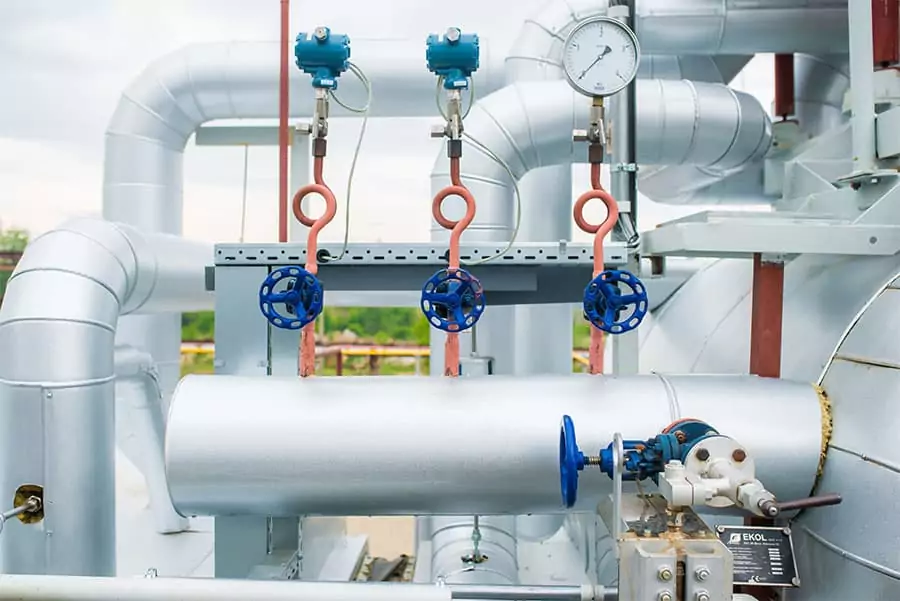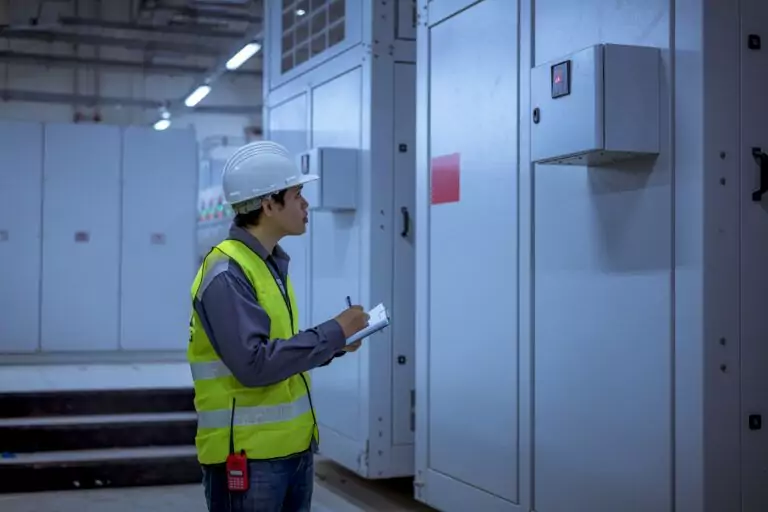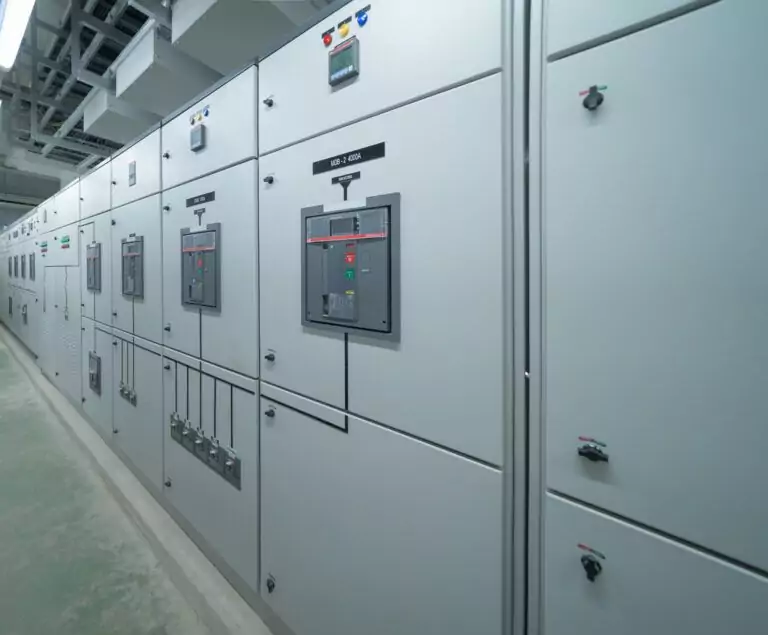Cogeneration is one of the best ways for businesses to reduce their emissions, improve energy efficiency, and encourage independent sustainability. As a result, cogeneration is rapidly growing in use.
 Although it is not a new technology, combined heat and power systems (CHP) are fast becoming a must-have for manufacturing facilities, commercial buildings, and even residential complexes. As utility rates continue to rise and more priority is given to sustainability, CHP systems offer many advantages.
Although it is not a new technology, combined heat and power systems (CHP) are fast becoming a must-have for manufacturing facilities, commercial buildings, and even residential complexes. As utility rates continue to rise and more priority is given to sustainability, CHP systems offer many advantages.
While lowering energy costs at the same time as increasing energy efficiency, cogeneration is slowly becoming more prevalent in many industrial markets. This article highlights the cogeneration advantages and disadvantages that you need to know.
Cogeneration Advantages
Cogeneration is a system that captures the otherwise wasted heat that is generated in the production of electricity using a piece of fired equipment.
In traditional systems, that heat is usually lost via cooling technologies or simply dissipating into the environment. As a result, fuel is not being used to maximum effect. There are many advantages to transitioning to a CHP system.
Cogeneration Financial Benefits
There is a wide range of financial advantages that come with cogeneration.
The most obvious is the considerable reduction in energy costs. Site heating costs can be massively reduced, especially when it comes to those systems that use captured heat to manage the temperatures of buildings or process equipment of their facilities. On-site energy costs can be consistently lower with a CHP system, but that is not the only financial advantage. Others include:
- PPA: It is possible for a facility that uses cogeneration to produce more electricity than it needs. In those instances, it is possible to sell that excess to the local power distribution grid. A Power Purchase Agreement can not only reduce the up-front costs of CHP system installation but could cover almost all of the expenses.
- Tax benefits: Although this is very dependent on jurisdiction, facilities that adopt cogeneration systems may be eligible for enhanced capital allowances. And while many of these allowances will only be available to commercial and residential buildings, they remain a tax break avenue to explore. Additionally, there may also be the option to take advantage of renewable heat incentives that are intended to encourage renewable technology use.
Environmental CHP Advantages
Consumers and businesses are more focused on environmental impact and energy sustainability than ever before. Cogeneration in energy production is one of the most effective ways to limit environmental impact.
A CHP system can dramatically reduce CO2 and SO2 emissions, but when combined with fuel types like biomass and biogas, sustainability is maximized.
Efficiency CHP Advantages
CHP systems can be used in facilities and locations where fuels of most types are being used. A CHP system is integrable with many power generating systems no matter what fuel is being used. As well as power plants that run off coal, CHP systems can be used by facilities that make use of other fuels, such as:
- Biomass
- Natural gas
- LPG
- Fuel cells
Not only does this give users the option to diversify their fuels and transition to more environmentally friendly fuel types, but it also means an increase in energy security. When a cogeneration facility can operate without input from the power grid, it creates a more efficient system that is less vulnerable to power disruptions caused by external influences.
By their very nature, cogeneration systems are optimized for maximum plant efficiency. By making use of otherwise wasted heat, facilities can gain a wide range of advantages.
The pervasive availability of technology makes it easier than ever to adopt, and there remain opportunities for improved future developments. Put simply, when looking at the cogeneration advantages and disadvantages, there are plenty of positives.
Cogeneration Disadvantages
Cogeneration is not an energy source in itself. Instead, it is a method for improving the efficiency of in-place energy systems and fuels. However, it is not without some disadvantages. These include:
Suitability
Not every facility that generates power will be a good site for cogeneration.
Only those locations where both heat and electricity are being created are suitable for CHP use. Even those locations that do produce both may not get maximum efficiency from CHP system installation if they have too much downtime. Consistent use maximizes the gains of a cogeneration system, and that can drive efficiency and cost-management.
Initial Costs
While the installation costs of a CHP system are much lower than is often assumed, smaller facilities may find the costs to be slightly out of reach. Although the potential for reducing the operating costs of a facility increases with a CHP system, that initial cost is often the main barrier to more widespread adoption of cogeneration.
However, costs continue to drop, and as demand for improved environmental awareness grows, cogeneration is set to become the de facto method for efficient energy use and power generation.
The benefits of cogeneration far outweigh any disadvantages.
The price of installation is a critical issue, but with smart engineering, it is possible to source the right power generation solution. As demand continues for more energy awareness and the growing demand for sustainability in energy production, cogeneration is the next step forward for businesses, industrial plants, residential buildings, and commercial properties.









